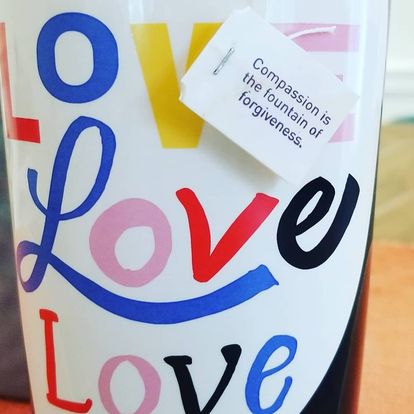3 Less Obvious Reasons to Start Therapy
by Ashley Vaden, LMFT
- Therapy sharpens your critical thinking.
Many people assume therapy is just about processing emotions or revisiting the past, but it’s actually a tool for refining how you think. A therapist acts as an objective thought partner, helping you challenge assumptions, recognize blind spots, and weigh pros and cons without getting lost in self-doubt. They’ll ask questions that expose where your logic might not add up, helping you make decisions with clarity and confidence. Over time, you’ll become better at identifying patterns in your thinking, understanding how your beliefs shape your reality, and approaching problems with a clearer, more grounded perspective. This skill doesn’t just improve your personal life—it sharpens your ability to navigate work, relationships, and major life decisions.
- Therapy helps you become more comfortable with uncertainty.
Life is full of contradictions, and therapy teaches you how to hold opposing truths at the same time. This is called dialectical thinking—the ability to accept that two things can be true at once. You can take accountability without internalizing shame. You can feel hurt and still maintain boundaries. You can be a work in progress and love yourself as you are. Therapy helps you develop the emotional flexibility to navigate the grey areas of life without shutting down, overanalyzing, or needing a perfect answer. Instead of feeling stuck when things aren’t black and white, you’ll learn to sit with discomfort, embrace nuance, and make peace with uncertainty—an essential skill in both relationships and personal growth.
- A therapist acts as a mirror, not just a cheerleader.
Therapy isn’t just about encouragement—it’s about clarity. A good therapist will reflect back your patterns, strengths, and self-sabotaging tendences with precision. They’ll remind you not just of how far you’ve come, but of who you actually are, separate from the stories you tell yourself or have ingested from others. Therapy can help you notice which behaviors are moving you forward and which ones are holding you back. Sometimes real progress isn’t about pushing harder—it’s about seeing yourself accurately and recognizing when to pivot, when to be patient, and when to trust yourself.
A therapist won’t just validate your experience; they’ll challenge you to see it more fully. They’ll call attention to the areas where you minimize your achievements or over-identify with your struggles. They’ll help you track your growth with real, tangible evidence, so that when self-doubt inevitably creeps in, you’ll have proof that you’re evolving. Sometimes we just need someone to remind us of our resilience and who we are, and therapy does that with receipts.
When finding a therapist, I suggest you be choosy. Just like you may seek a second opinion after visiting the doctor, don’t be afraid to keep looking until you find a good fit. Try to find a therapist who is passionate working with your specific struggles, and one where you are their ideal client.

After acquiring my Master’s Degree at the University of Rochester, I returned to my home state of Kentucky. For the past 5 years, I have been serving adults, teens, and couples at The Mindfulness Center. I help clients heal and grow through means of self compassion and self-derived skills. I have felt especially drawn to attachment theory and Internal Family Systems, as I have found them to be the most empowering and effective modalities for complex trauma and relational distress. I hope to help people make use of their suffering and find purpose and meaning through life’s struggles.
To schedule an appointment with me click here.






